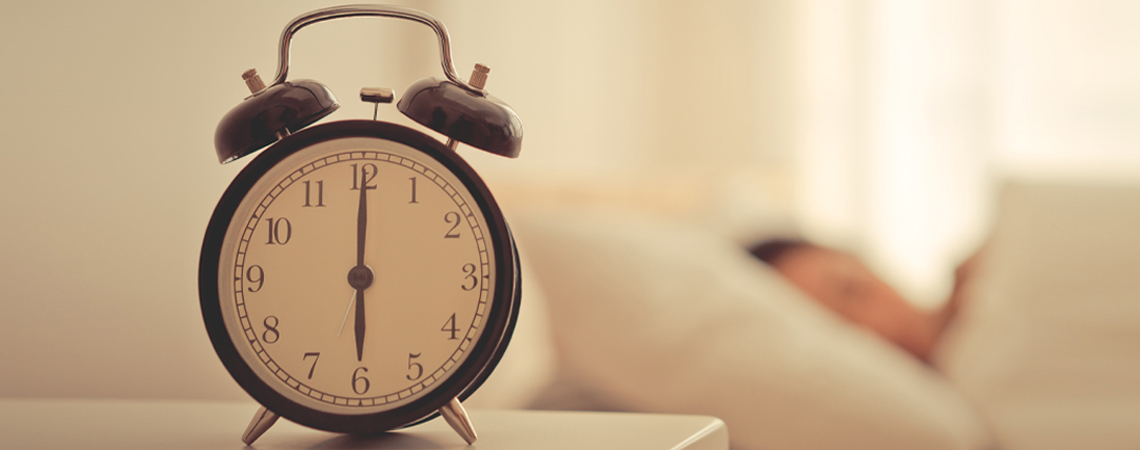


Have you ever had a late-night snack or meal, only to find yourself struggling to fall asleep? If so, you're not alone. What we eat and when we eat can have a significant impact on our quality sleep. In this article, we'll explore the question: What time should you stop eating before going to bed?
Sleep Guru recommends that you stop eating 2-3 hours before you plan to go to bed. This is because digestion can interfere with your ability to fall asleep and stay asleep. When you eat, your body produces insulin to help process the sugars and carbs in your food. This can lead to a spike in blood sugar, which can make it difficult to fall asleep. Additionally, the process of digesting food can increase your heart rate and body temperature, both of which can interfere with your sleep.
It's also important to pay attention to what you're eating before bed. Some foods and drinks can have a more significant impact on your quality sleep than others. Here are some tips from Sleep Guru for choosing sleep-friendly foods:
Caffeine is a stimulant that can interfere with your ability to fall asleep, so it's best to avoid coffee, tea, and other caffeinated beverages in the evening. Alcohol, on the other hand, may help you fall asleep faster, but it can also disrupt your quality sleep later in the night.
Some foods can help promote better sleep. For example, foods that are high in tryptophan, such as turkey, chicken, and dairy products, can help increase the production of melatonin, which is a hormone that regulates sleep. Other sleep-promoting foods include complex carbs, such as whole grains, and foods that are rich in magnesium, such as leafy greens and nuts.
Spicy and acidic foods can cause heartburn and indigestion, which can make it difficult to fall asleep and stay asleep. If you're prone to heartburn or indigestion, it's best to avoid foods that are high in fat, spicy, or acidic before bed.
In addition to watching what you eat and when you eat it, there are a few other tips you can follow to improve your quality sleep:
Going to bed and waking up at the same time every day can help regulate your body's sleep-wake cycle. This can help you fall asleep faster and stay asleep longer.
A relaxing bedtime routine can help signal to your body that it's time to wind down and prepare for sleep. This might include taking a warm bath, reading a book, or practicing relaxation techniques such as deep breathing or meditation.
Make sure your bedroom is cool, dark, and quiet. This can help create a more comfortable sleep environment and reduce distractions that might interfere with your sleep.
In conclusion, what you eat and when you eat can have a significant impact on your quality sleep. By following these tips and creating a sleep-friendly environment, you can improve your sleep quality and wake up feeling refreshed and rejuvenated.